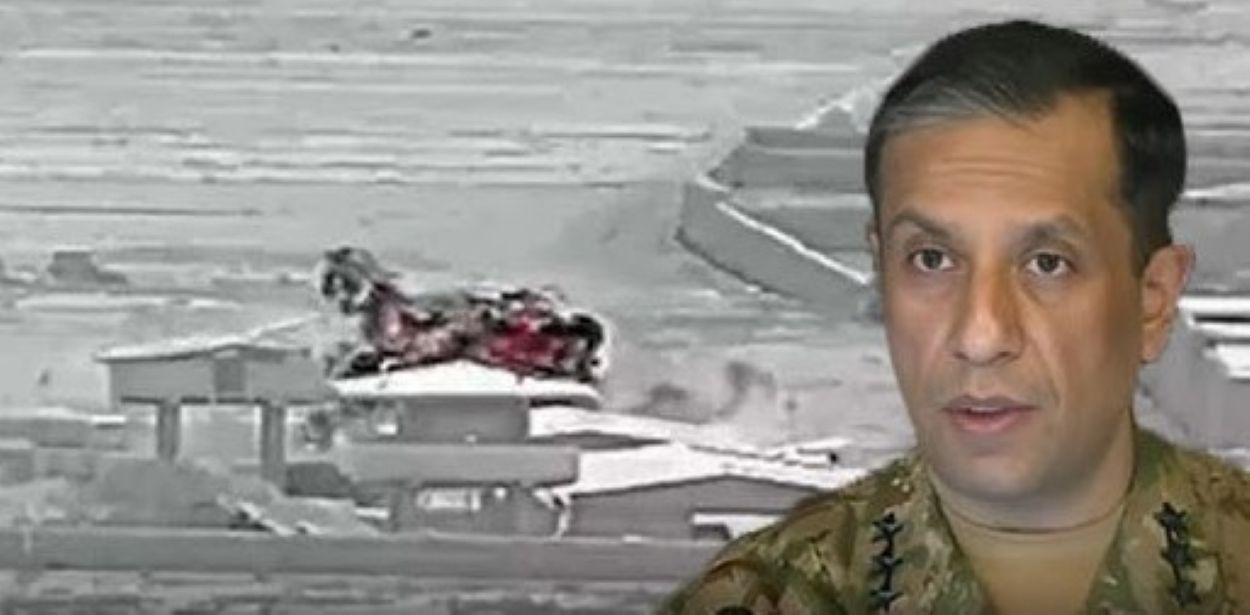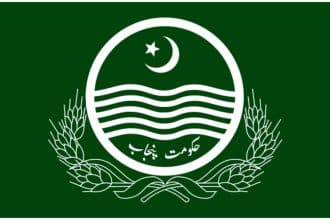Pakistani forces killed over 200 Afghan Taliban and Tehreek-e-Taliban Pakistan (TTP, alias Fitna al-Khawarij) militants in retaliatory strikes along the Pak-Afghan border, the Inter-Services Public Relations (ISPR) reported. The action followed unprovoked Afghan attacks on posts in Angoor Adda, Bajaur, Kurram, Dir, Chitral, and Baramcha.
ISPR detailed “precision fires, strikes, and physical raids” targeting Taliban camps, training facilities, and support networks. Twenty-one Afghan posts were briefly captured, and multiple terrorist camps were destroyed, rendering them inoperative.
The clashes, sparked by Afghan gunfire, follow Pakistan’s October 9 Kabul airstrikes killing TTP leaders. Afghanistan accused Pakistan of violating sovereignty, prompting retaliatory operations. Pakistan’s Foreign Office condemned the “unwarranted aggression,” asserting self-defense and citing UN reports on Afghan-based terrorism.
Read: Pakistan Captures 19 Afghan Border Posts in Response to Taliban Attacks
Saudi Arabia, Qatar, and Iran urged restraint. Saudi’s foreign ministry emphasized peace, Qatar stressed dialogue, and Iran’s Esmaeil Baqaei offered mediation. Pakistan vowed to continue targeting terrorists if Kabul fails to act.
President Asif Ali Zardari cited “India-backed Khawarij” attacks, urging Afghanistan to neutralize TTP and Daesh. Prime Minister Shehbaz Sharif condemned the provocation, promising “no compromise” on defense. ISPR’s Lt Gen Ahmed Sharif Chaudhry blamed a “political-criminal nexus,” reaffirming Pakistan’s anti-terrorism resolve under Azm-e-Istehkam.
The deadliest clashes of 2025, with 901 Q3 violence fatalities, risk regional instability. Pakistan’s actions signal intolerance for Afghan-based militancy, but escalation threatens trade and ties.






